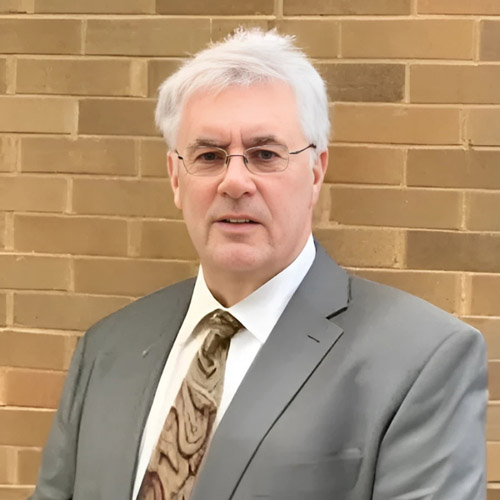AAFP: Interviewing Children to Preserve Accurate Testimony
Presented by: David W. Thompson, PhD, ABPP

This on-demand professional training program on Interviewing Children to Preserve Accurate Testimony: An Overview is presented by David W. Thompson, PhD, ABPP, in partnership with The American Academy of Forensic Psychology.
This program covers the basic tenets of investigative interviews of children utilized in criminal and child abuse investigations. Participants learn to recognize the strengths and weaknesses of these interviews and understand the skills necessary to accurately interview children in a forensic context. Participants are introduced to an objective assessment of interview quality and survey the skills needed to testify to those findings. While this program is designed to survey the necessary skills for critically reviewing child investigative interviews, it is not actually designed to teach conducting such interviews.
Upon completion of this training, participants will be able to:
Key topics covered in this training include:
Cover the basic tenets of investigative interviews of children utilized in criminal and child abuse investigations
Learn to recognize the strengths and weaknesses of these interviews, and understand the skills necessary to accurately interview children in a forensic context
Introduce objective assessment of interview quality and will survey the skills needed to testify to those findings

We are proud to partner with the American Academy of Forensic Psychology (AAFP) for this training. AAFP is a non-profit organization of board-certified forensic psychologists whose mission is to contribute to the development and maintenance of forensic psychology as a specialized field of study, research, and practice. The Academy does this by providing high-quality continuing education workshops, providing a forum for the exchange of scientific information among its members, and conferring awards upon outstanding students and practitioners in the field of forensic psychology.
Palo Alto University, Continuing & Professional Studies (CONCEPT) is approved by, recognized by, or maintains sponsorship provider status with the following boards and agencies. We maintain responsibility for all content in our CE/CPD programs. For more information, visit here.
American Psychological Association (APA): Approved sponsor of continuing education for psychologists.
Association of Social Work Boards (ASWB): Approved continuing education provider (ACE program, Provider #1480), 11/22/2023–11/22/2026.
Canadian Psychological Association (CPA): Approved to sponsor continuing education for psychologists.
National Board for Certified Counselors (NBCC): Approved Continuing Education Provider (ACEP No. 7190).
Palo Alto University, Continuing and Professional Studies (CONCEPT) is approved by the American Psychological Association to sponsor continuing education for psychologists. Palo Alto University, Continuing and Professional Studies (CONCEPT) maintains responsibility for this program and its content. Palo Alto University, Continuing and Professional Studies (CONCEPT), is approved by the Canadian Psychological Association to offer continuing education for psychologists. Palo Alto University, Continuing and Professional Studies (CONCEPT), SW CPE is recognized by the New York State Education Department’s State Board for Social Work as an approved provider of continuing education for licensed social workers #SW-0356 and the New York State Education Department’s State Board for Mental Health Practitioners as an approved provider of continuing education for licensed mental health counselors. #MHC-0073. Palo Alto University, Continuing and Professional Studies (CONCEPT) has been approved by NBCC as an Approved Continuing Education Provider, ACEP No. 6811. Programs that do not qualify for NBCC credit are clearly identified. CONCEPT Professional Training, #1480, is approved to offer social work continuing education by the Association of Social Work Boards (ASWB) Approved Continuing Education (ACE) program. Organizations, not individual courses, are approved as ACE providers. State and provincial regulatory boards have the final authority to determine whether an individual course may be accepted for continuing education credit. CONCEPT Professional Training maintains responsibility for this course. ACE provider approval period: 11/22/23-11/22/26. Social workers completing this course receive (clinical or social work ethics) continuing education credits.